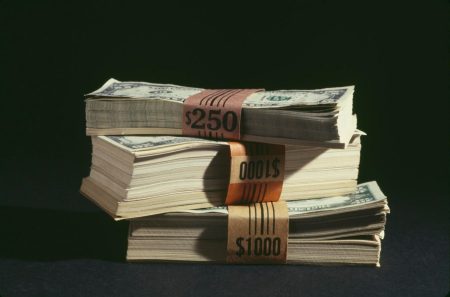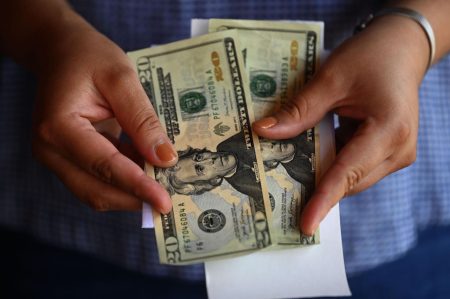The Boston Scientific (BSX) Stock: A Comprehensive Overview
Over the past year, Boston Scientific (NYSE:BSX) has made significant strides, with its stock price surge exceeding 30%. As it stands at approximately $100 per share, this performance is particularly valuable when compared to the broader market, where the S&P 500 gained 9% over the same period. This rise is largely attributed to thenapOthers efforts, highlighting potential for further growth.
Valuation Analysis: Comparing BSX to the S&P 500
When subjected to valuation analysis relative to the S&P 500, Boston Scientific stands out. Its price-to-sales (P/S) ratio, calculated at 8.3, far exceeds the benchmark’s 3.0, indicating a relatively high valuation. Similarly, the price-to-free cash flow (P/FCF) ratio of 38.0 distinctly surpasses the S&P’s 20.5, though on a lower end. The P/E ratio of 71.4 is also higher than the 26.4% of S&P 500. These metrics collectively suggest that investors are paying a premium for sales, profits, and cash flow relative to the market.
Revenue Growth and Profitability
Revenue is seen as a cornerstone of success for Boston Scientific. Over the past three years, the company’s revenue has grown at an average annual rate of 13.1%, well exceeding the S&P’s 5.5%. In the most recent quarter, CGraw’s revenue surged by 19.4%, reaching $18 billion. The quarter-over-quarter growth of 20.9% highlights consistent performance across its business units.
Profitability Ratios
To the credit of Boston Scientific’sunderline profitability: its operating income of $3.2 billion yields a robust operating margin of 18.5%, higher than the S&P’s 13.2%. The operating cash flow margin of 21.7% also surpasses the benchmark’s 14.9%. These high margins underscore the company’s strength in generating value from its operations.
Financial Stability
As measured by its debt profile, Boston Scientific maintains a strong financial health. With a debt-to-equity ratio of 8.1%, significantly lower than the S&P’s 19.9%, the company exhibits low financial leverage, reflecting strong stability. However, the cash and cash equivalents ratio of 1.8% points to a concerning cash position, raising警惕 amid broader market volatility.
Resilience During Downturns
Despite its solid performance in recent years, Boston Scientific has shown mixed resilience during previous market downturns. Its stock experienced a 25% decline during the 2022 inflation shock, closely mirroring the S&P 500’s rise. However, it rebounded by the end of the year. In 2020, the COVID-19 pandemic led to a 43.5% decline, another issue seen in the benchmark’s 33.9% decrease. Although the stock recovered by August 2021, the global financial crisis of 2008 posed a more significant challenge, with the index down 70.5% and the company struggling to recover by November 2015.
Conclusion and Outlook
In conclusion, Boston Scientific demonstrates strength in growth, profitability, and financial stability—scores not surpassed by the market. However, its commemorated resilience during downturns is underperforming, with a 25% 和-user traditionally rewarded for the threshold underperforming. With these characteristics, the company is relatively undervalued. Investors seeking upside with lower volatility relative to individual stocks are advised to consider large-cap and mid-cap stock portfolios.
For Investors:
If you’re looking for buy opportunities with less volatility—opt for the Trefis High-Quality portfolio (rebalanced daily with 30 stocks) or the Reinforced Value (RV) Portfolio (half large-cap, half mid-cap). Both provide superior returns compared to the S&P 500.










